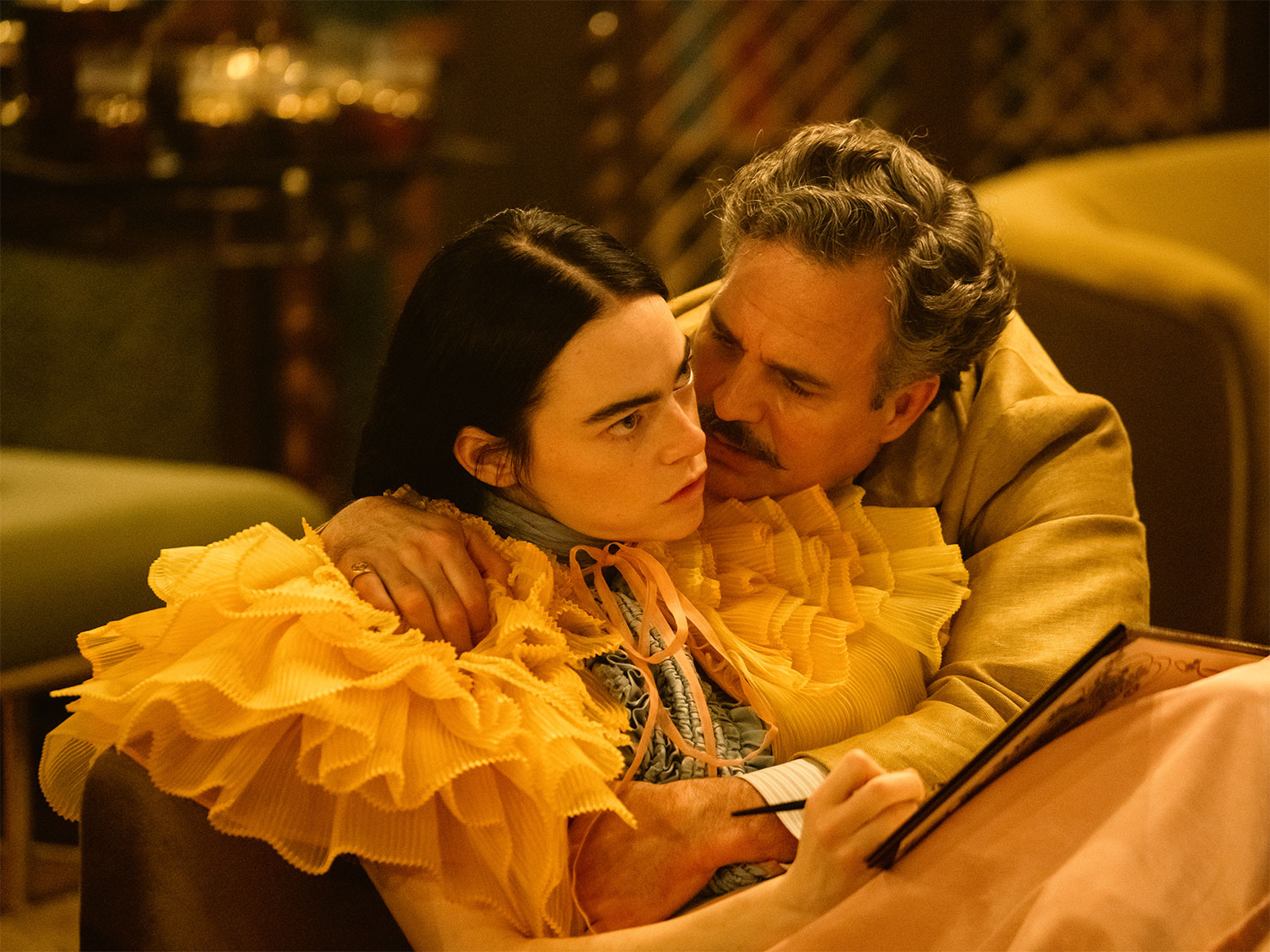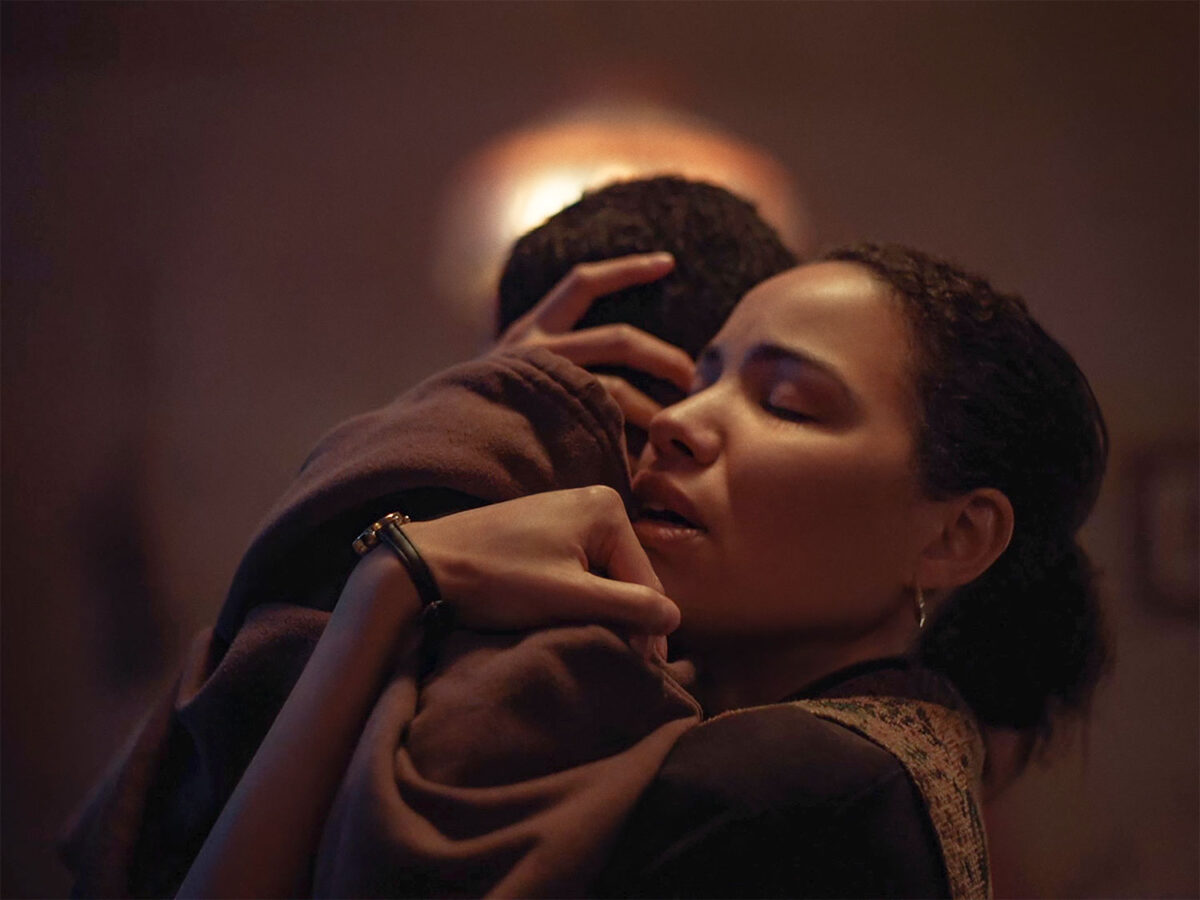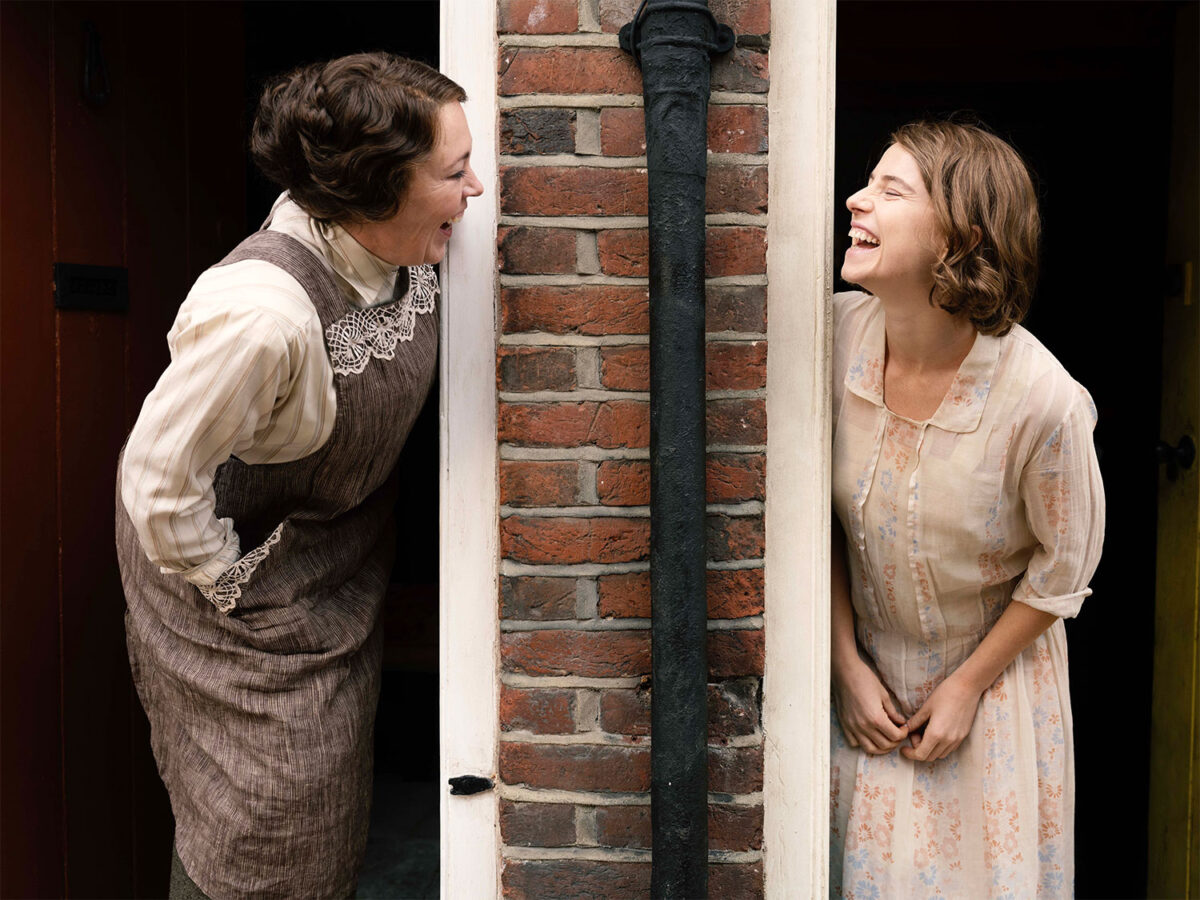The Academy Awards will be given out on March 10 at the Dolby Theater in Hollywood, with the stars and nearby constellations walking the red carpet beginning at 10 a.m., though the official televised coverage on ABC won’t begin until 1 p.m. The actual ceremony begins at 4 p.m. It’s an hour earlier this year, perhaps as a concession to the start of Daylight Saving Time.
This year—like every year—there are “sure things,” “favorites,” “long shots” and enough head-scratchers to keep it interesting. Are Oscar voters immune to the results of the award shows that preceded the date (Feb. 27) when their votes must be cast? It’s hard to argue that there isn’t at least a subliminal influence exerted on Academy voters by the outcomes of the Golden Globes, BAFTA, Independent Spirits, as well as the DGA, SAG and PGA Awards.
People have been trying to influence Oscar voting since the first awards were given out in 1929. Early on, studios waged “write-in” campaigns to overcome what they viewed as “oversights.” “A Midsummer Night’s Dream,” the starry and innovative Max Reinhardt film of the Shakespeare play, won Best Cinematography as a write-in in 1936. The Academy closed that loophole shortly thereafter. More pervasive were the very effective advertising campaigns footed by Harvey Weinstein. He spent enormous sums of money on media to the extent that many accused him of “influence-peddling.” But unless it’s against the rules or the law, unlike his other activities, it was fair game. He wasn’t the first and won’t be the last. All pervasive are the “FYC” (For Your Consideration) ads meant to keep the advertised film in the voters’ field of vision until awards season. These ads alone may be keeping the Los Angeles Times afloat, if just barely. Of course, the collateral benefit is to tweak an audience’s interest in the film and boost the box office. And nothing boosts box office like an Oscar, so studios are willing to spend huge amounts of money for these FYC blitzes.

Photo by Atsushi Nishijima, courtesy of Searchlight Pictures
The most recent controversy involved an excellent, but often overlooked actress named Andrea Riseborough. Respected by her peers and unknown to audiences at large, she was the star of an outstanding indie called “To Leslie,” a film that undeservedly disappeared from screens almost as soon as it premiered. Without box office potential, a big-name producer or a major studio behind its star, Leslie Riseborough, it sank below the surface before it could float. Riseborough’s savvy manager realized that there might be a window of opportunity for a stealth social media campaign right before the nomination process closed. Enlisting at least two dozen supportive celebrity friends, they launched a blitz on social media and mass emails to voters touting the importance of independent cinema and her outstanding and Oscar-worthy role. It did, however, impinge dangerously on the rule against lobbying members for votes and that is, in reality, what her celebrity friends were doing. Riseborough got her nomination, but the Motion Picture Academy tightened the rules (actually they were already pretty specific) on social media influence campaigns by Academy members to encourage or discourage votes; direct email solicitations have been banned. The Academy now specifically says, “You may not discuss your voting preferences and other members’ voting preferences in a public forum. This includes comparing or ranking motion pictures, performance or achievements in relation to voting. This also includes speaking with press anonymously.”
Like every other year, there are so-called surprises and snubs, both of which are highly subjective. For every nominee who has been deemed worthy of consideration, there are probably others who can be viewed as equally deserving. Does that rise to the level of a “snub?” Probably not.
Many were surprised that Leonardo DiCaprio did not get a nod for Actor in a Leading Role for “Killers of the Flower Moon.” But who would you eliminate out of the list for him? Bradley Cooper in “Maestro?” Whether you liked the film (I did) or didn’t, he was superb in his channeling of a very complicated Leonard Bernstein. Coleman Domingo, in his revelatory performance of overlooked civil rights leader Bayard Rustin? I think not. How about Actress in a Leading Role? It seems like some kind of backlash to ignore Margot Robbie’s luminous performance in “Barbie,” or even Greta Lee’s delicate Nora in “Past Lives.” But even so, if either of them had been nominated someone else would have had to go.
I was particularly surprised at the omission of Charles Melton in “May December.” His multilayered, complex portrayal of a young man who finally realizes that his entire life has been a manipulation that stunted his emotional growth was nothing short of revelatory. It would have been easy for me to eliminate Ryan Gosling from the ballot for Actor in a Supporting Role. He complained bitterly that Margot Robbie was robbed of a nomination but instead should have focused on how incredibly lucky he was to get one. On the distaff side, as much as I love her, I’m not sure that America Ferrera’s “Barbie” role rose to the level of great acting; it wasn’t as transformative in the way that Julianne Moore’s benignly evil character in “May December” was. Actually, the overall rebuff of “May December” is quite perplexing.

Photo courtesy of Apple TV+
Directing is always a controversial category. Voted on overwhelmingly by men, white men at that, the DGA has been very slow to recognize or even open their ranks to women. This year is very little different. Although all the nominees are worthy, somehow it would seem that there should have been room on that list for Greta Gerwig. No matter how you feel about “Barbie,” she did a deft job of telling a large story in an intimate way. So who would I have eliminated in order to make room? Certainly not the directors of “Anatomy of a Fall,” the sole woman, or “Oppenheimer” or probably not even “Poor Things,” an acquired taste if there ever was one, but a masterful job at telling a story that bled all over the edges. Despite Scorsese’s lack of discipline in telling the story of “Killers of the Flower Moon” in 3 ½ hours when 2 ½ would have been more than sufficient, it’s still more significant than “Barbie.” But then it depends if you want to feast on a three-course meal or an ice cream sundae.
With 10 entries for Best Picture, it’s hard to think of what might have been left off. I find that all of the nominations are worthy and interesting. But all of this is conjecture because there is a juggernaut among them and that behemoth is “Oppenheimer.” I would be very surprised if it didn’t sweep most of its categories having already won numerous guild awards. If this were a horse race, the big money (and low odds) would be on “Oppenheimer” in almost every category in which it is nominated (13). That being said, however, Actor in a Leading Role seems to be between Cillian Murphy (“Oppenheimer”) and Paul Giamatti (“The Holdovers”) with Jeffrey Wright (“American Fiction”) a dark horse. Lily Gladstone (“Killers of the Flower Moon”) is the odds-on favorite for Actress in a Leading Role, but Emma Stone (“Poor Things”), in what is arguably the bravest appearance on screen in recent years, can’t be counted out. It would be very surprising if Da’Vine Joy Randolph (“The Holdovers”) didn’t win for Actress in a Supporting role. So far, she’s won everything else including the SAG, Golden Globe and Independent Spirit.
I don’t believe that Christopher Nolan, having already won the BAFTA and DGA awards, has any competition in the Directing category. The same is true for his masterful adaptation of “American Prometheus” by Kai Bird and Martin J. Sherwin, propelling this 2006 Pulitzer Prize-winning biography back on the bestseller lists. The head-scratcher in this category is “Barbie” as an adaptation. Because the doll already existed? Seriously?
There are so many other categories, each with worthy nominees. Much of the fun is in second-guessing Oscar voters and in hoping that Jimmy Kimmel, a throwback to the Johnny Carson years, delivers a great monologue. So sit back, ballot in one hand and martini in the other, and enjoy.
Neely Swanson spent most of her professional career in the television industry, almost all of it working for David E. Kelley. In her last full-time position as Executive Vice President of Development, she reviewed writer submissions and targeted content for adaptation. As she has often said, she did book reports for a living. For several years she was a freelance writer for “Written By,” the magazine of the WGA West, and was adjunct faculty at USC in the writing division of the School of Cinematic Arts. Neely has been writing film and television reviews for the “Easy Reader” for more than 10 years. Her past reviews can be read on Rotten Tomatoes where she is a tomato-approved critic.







